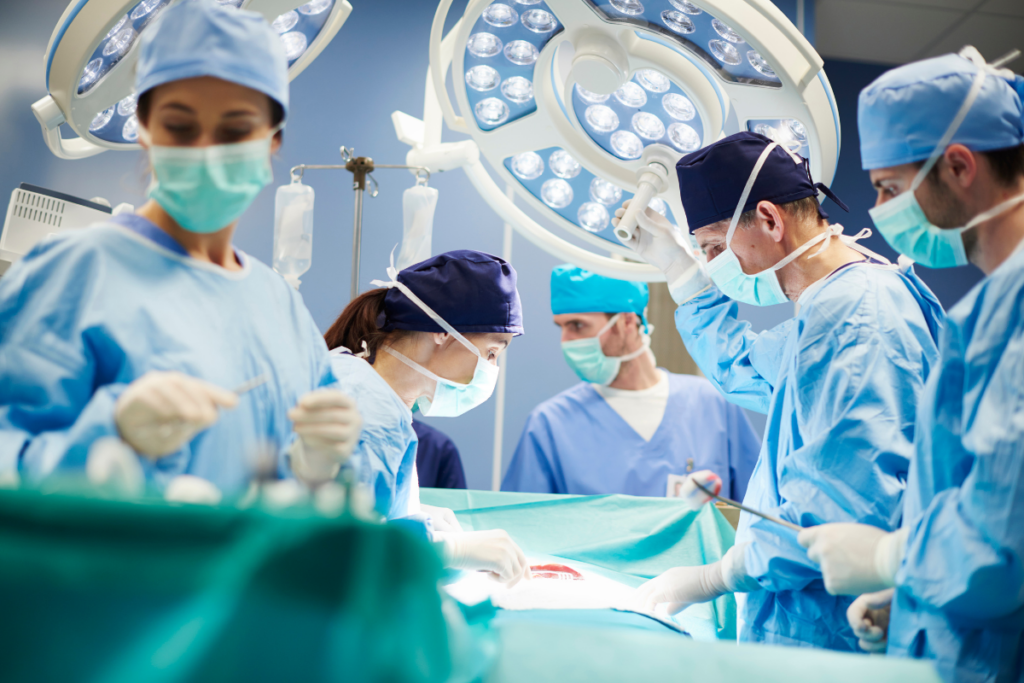Medical Malpractice Attorneys

Home » Medical Malpractice
- Content last modified:
We trust doctors, nurses and other medical professionals with our health of the health of our loved ones. They have a responsibility to their patients to adhere to an established standard of care. Unfortunately, medical mistakes happen, and they happen often. For medical malpractice victims and their families, it is important not only to get closure, but to hold those who are at fault accountable.
Tell Us Your Story
Medical malpractice may be caused by carelessness, insufficient training, failure to obtain informed consent or hospital negligence. Common types of medical malpractice include:
- Surgical mistakes, including errors such as operating on the wrong part of the body or leaving surgical equipment inside the patient
- Errors and mistakes by ER doctors, nurses and other emergency medical professionals
- Delayed diagnosis or misdiagnosis of cancer, heart attacks and other disorders
- Birth-related injuries and other instances of pediatric malpractice, including complications associated with preterm delivery, shoulder dystocia, Erb’s palsy/brachial plexus injury and cerebral palsy
- Medication mistakes, including situations in which a patient is given the wrong dosage or the wrong drug altogether
- Traumatic brain injuries linked to medical negligence or malpractice
Not every unfortunate medical result is considered malpractice. At The Gori Law Firm, our attorneys have decades of experience handling cases of medical malpractice. Alongside a seasoned support staff and team of outside experts, we thoroughly review each claim. If medical malpractice caused your injuries or the injuries of a loved one, we will pursue justice for you.
No Fees If You Don’t Recover Compensation
We handle medical malpractice cases on a contingency fee basis, meaning we do not collect any attorney fees until we obtain a recovery. Contact us today for your free consultation.
Contact Us Today
Get your free case review 24 hours a day.
Fields marked with an * are required
CASE RESULTS











